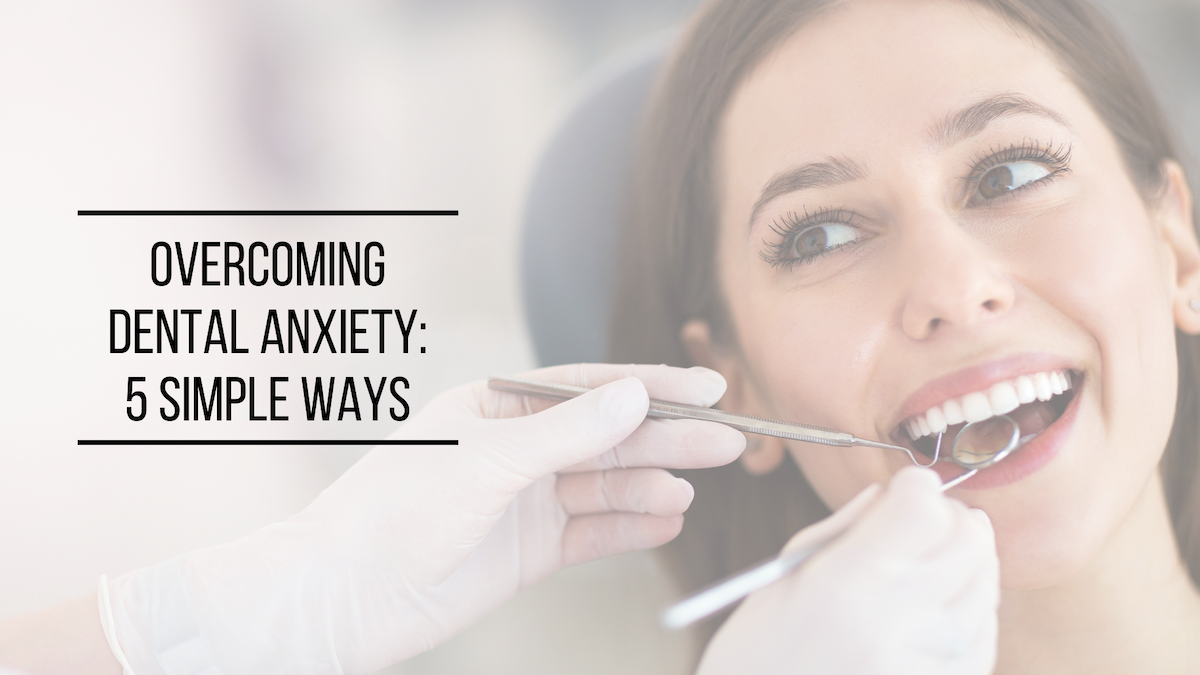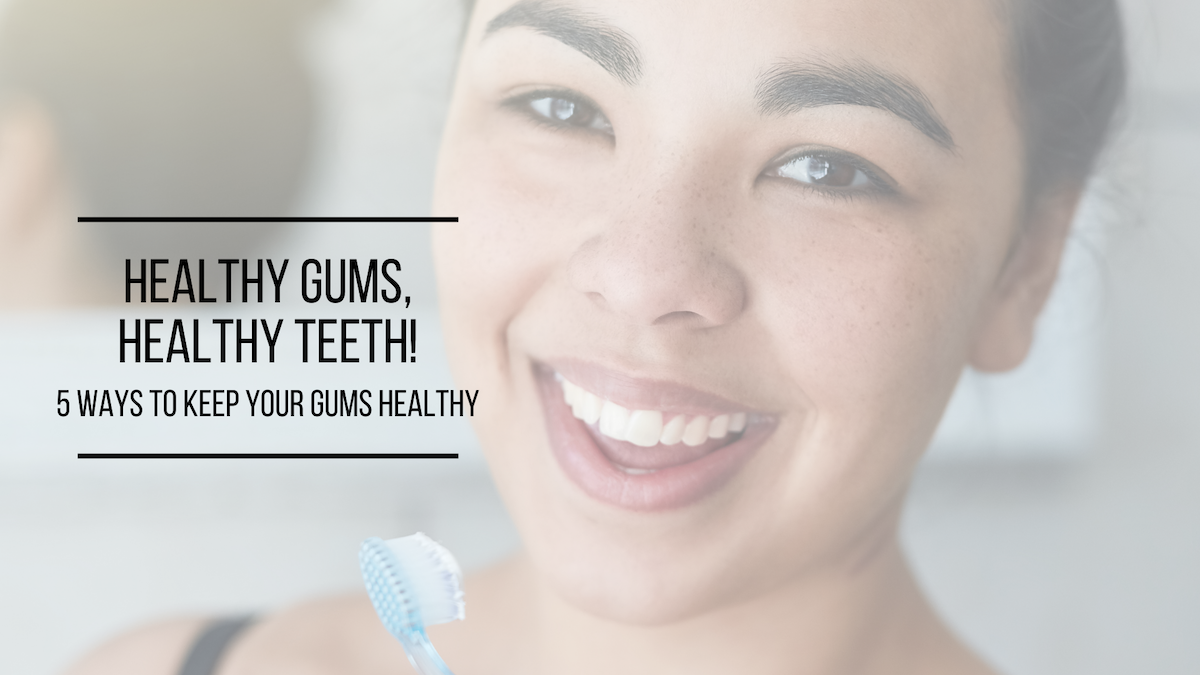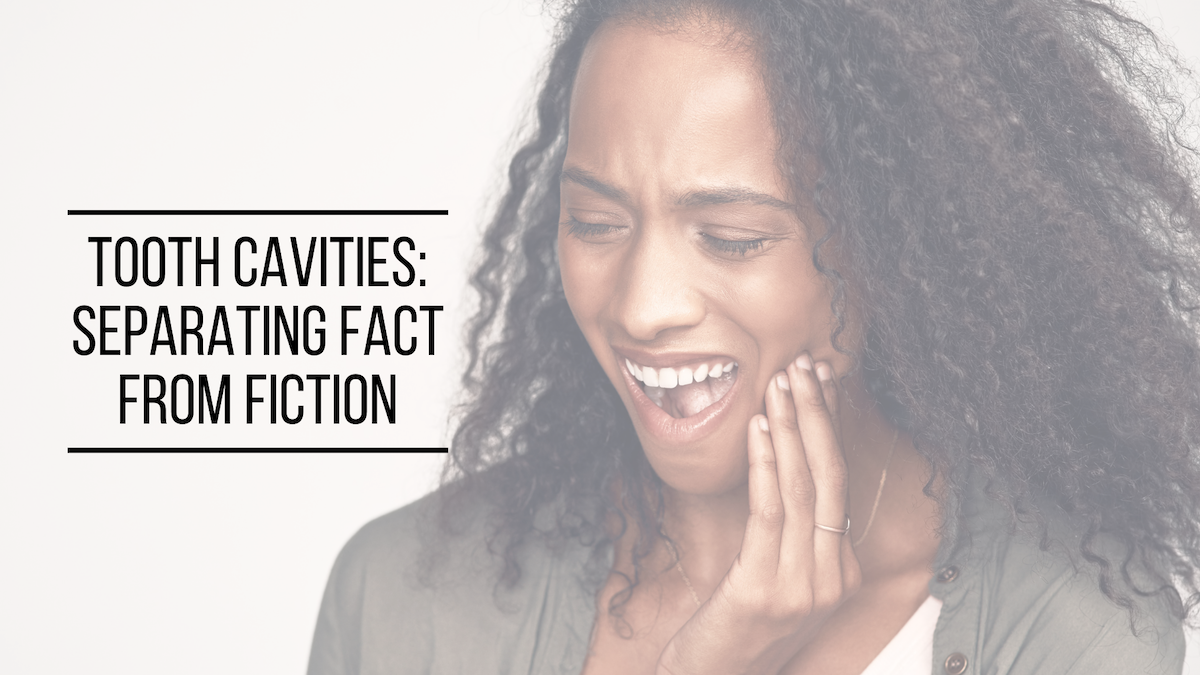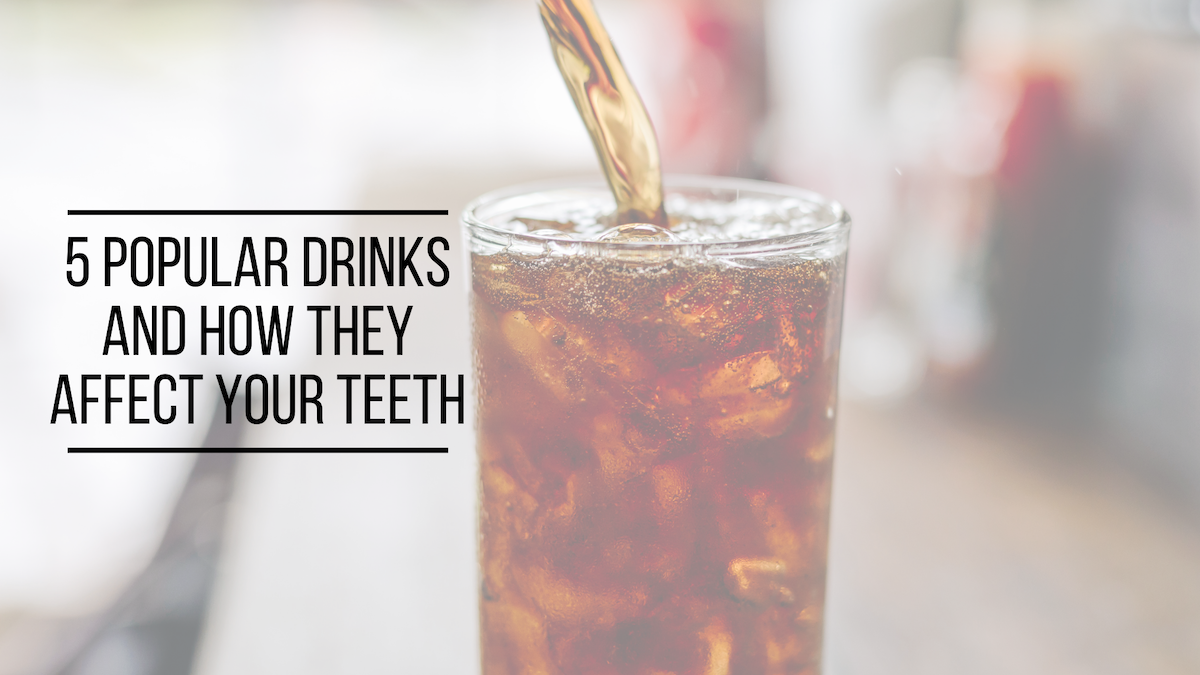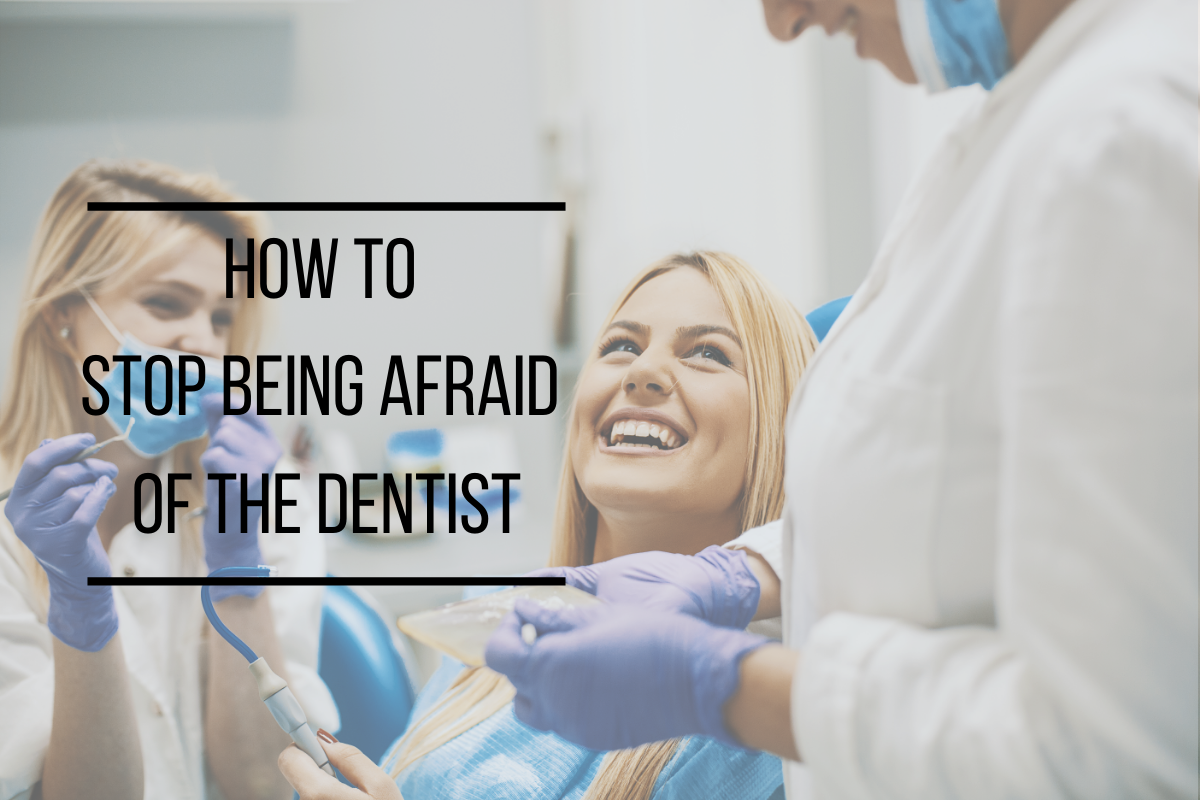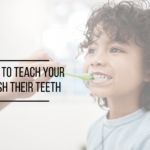Do you suffer from dental anxiety? It turns out, many people do. In fact, it’s estimated that about 50% of the population has some form of dental phobia or fear. If this sounds like you, don’t worry! There are plenty of ways to overcome your fears and receive the care that you need. We have put together a list containing five simple but effective strategies for overcoming your anxiety around dentistry.
Strategy #1: Find the Cause of Your Dental Anxiety
Is your dental anxiety centered around a certain procedure, like an x-ray for example? Do you have concerns about what will happen to your teeth after treatment or how expensive your care is going to be?
Oftentimes, we find that people with dental anxieties are concerned more about their own thoughts and feelings than any actual physical pain. This is important to know because you can control your thoughts and not the other way around! Finding the cause of your anxiety will allow you to implement solutions to overcome it!
Strategy #2: Educate Yourself
Educate yourself about the dental procedure, problem, or situation that makes you anxious before it happens! This means doing some research beforehand so you are more prepared for what will happen next.
For example, you might want to know what the dentist will need to do before they start any work on your teeth, how long it’s going to take and how much it will cost. Our team is always willing to answer any questions you may have so that you can approach your dental care with confidence.
Strategy #3: Find a Dental Professional That Suits Your Needs
Unfortunately, not every dental professional is created equal. The demeanor of one dentist may put you at ease while another’s demeanor causes additional anxiety!
Once you find a dental professional that suits your needs, be sure to talk to them about any fears or worries you might have. We are here to help and give advice on how to feel better during and after a visit, so don’t be afraid to ask questions!
Strategy #4: Consider Sedation Dentistry
For some individuals, dental anxiety is so severe that it prevents them from receiving the care they require. In this situation, sedation dentistry is a gamechanger!
Consider a dental sedative to help you feel more relaxed before your appointment. Sedatives work by slowing down the brain and body response that makes us anxious. If you think sedation dentistry may benefit you, talk to your dentist about if it is the right fit!
Strategy #5: Practice Deep Breathing Techniques
There are many things you can do to control (and overcome) your dental anxiety. One of the most effective is to practice deep breathing techniques before, during, or after a dental appointment.
Deep breathing is a great way to manage stress and anxiety in the moment as well as throughout the day. However, as with many things, deep breathing is something that you must practice! Incorporate deep breathing techniques into your daily life in the weeks leading up to your dental procedure for the best results.
We understand that dental anxiety is a very real thing that affects many of our patients. Regardless of your age, this is not something of which to be ashamed. If you are anxious about an upcoming dental visit or procedure, be sure to talk to our team! We are passionate about doing everything in our power to make your experience comfortable and stress-free.



